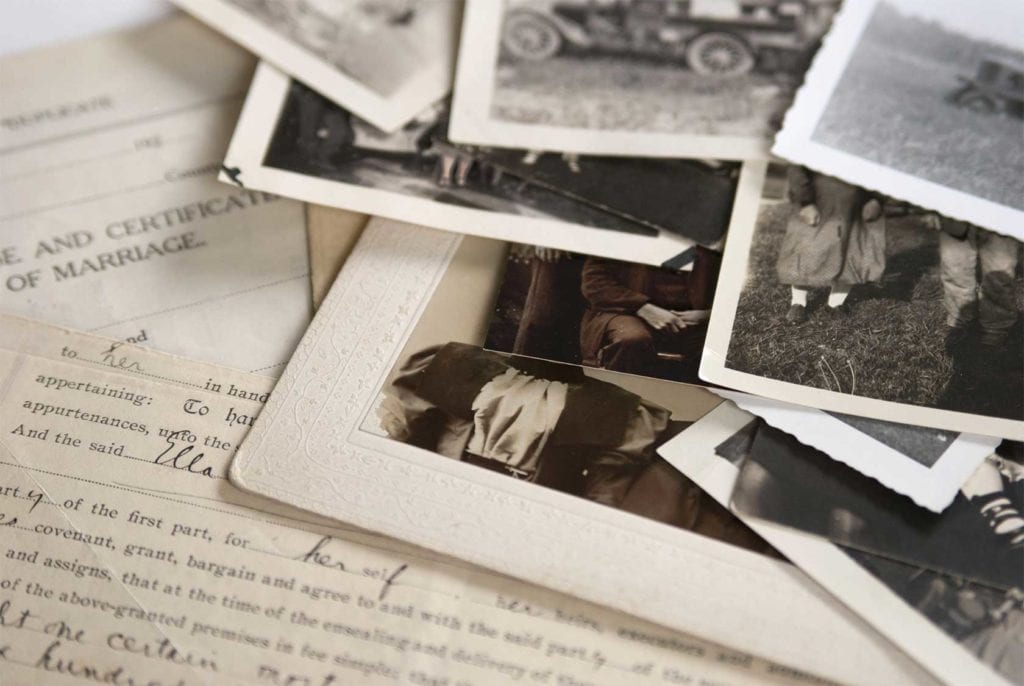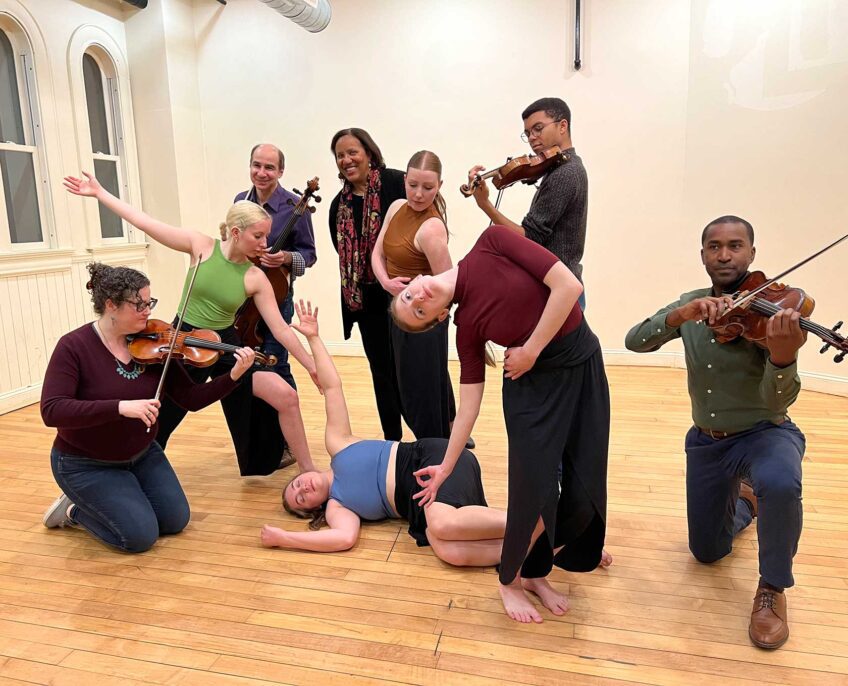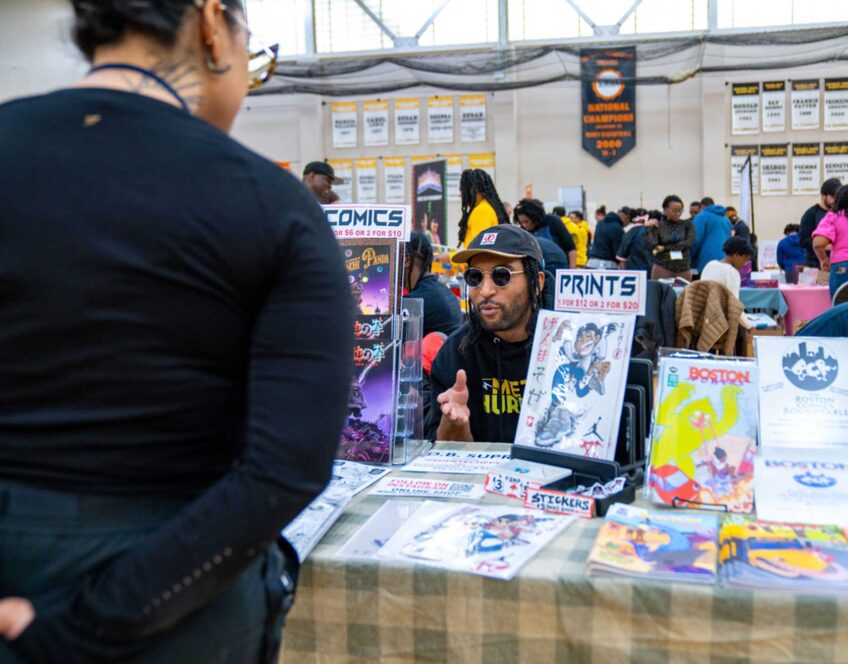
Sandra Lovell Taitt-Eaddy has more than 25 years of experience in genealogical research with a particular focus on ancestral research in black cultures. Her work grew from conversations with her own family and combing through accessible online databases, all efforts that can be performed right now from home while social distancing.
Taitt-Eaddy’s genealogical passion began while researching her own family roots in Barbados. While pregnant with her son, she realized that in order for him to have a firm sense of his past, she would need to as well. “I think it helps us to feel grounded knowing that it’s not just us. When you do family history and you realize that there’s such a huge body of history and a huge number of people that came before you, you can draw strength from that,” she says.
The past can also inform the present. Taitt-Eaddy says a number of her relatives battled cholera in Barbados, a disease that swept the country in the 1850s in a way similar to our current COVID-19 pandemic. Knowing that her ancestors dealt with comparable issues brings perspective to the crisis.
Many turn to trendy DNA testing kits while researching ancestry. Taitt-Eaddy says these can be a helpful tool, especially for those who are adopted and have limited knowledge of their family history, but also says to use the kits with caution. The DNA information discovered is then stored forever, she notes, and users have little control over how it’s used after the test is completed.
Current social distancing practices align perfectly with Taitt-Eaddy’s advice for starting genealogical research: Call your relatives. Especially for black families, who may be left off written records due to the history of enslavement, oral history is essential. Taitt-Eaddy recommends asking older family members questions and recording the conversations or taking notes to refer to later.
From there, Taitt-Eaddy recommends turning to online research. “Once you’ve got that information, now you want to start looking at the records. The online genealogy world right now is full of rich documentation.” When searching prior to the Civil War, she recommends looking through business records, where enslaved persons might be listed in the records of a plantation owner. Her most-consulted website for research is familysearch.com, which she says is a top search tool for Caribbean ancestry.
“There are myths out there that because of slavery we’re not able to reconstruct our families, and those myths are not true,” says Taitt-Eaddy. “It’s not about how far back the research can go — rather, go as far as you can. It’s entirely possible to research black families and it’s entirely possible to do a lot of it right from your desktop.”





![Banner [Virtual] Art Gallery](https://baystatebanner.com/wp-content/uploads/2024/04/NJ-H_1-713x848.jpg)

